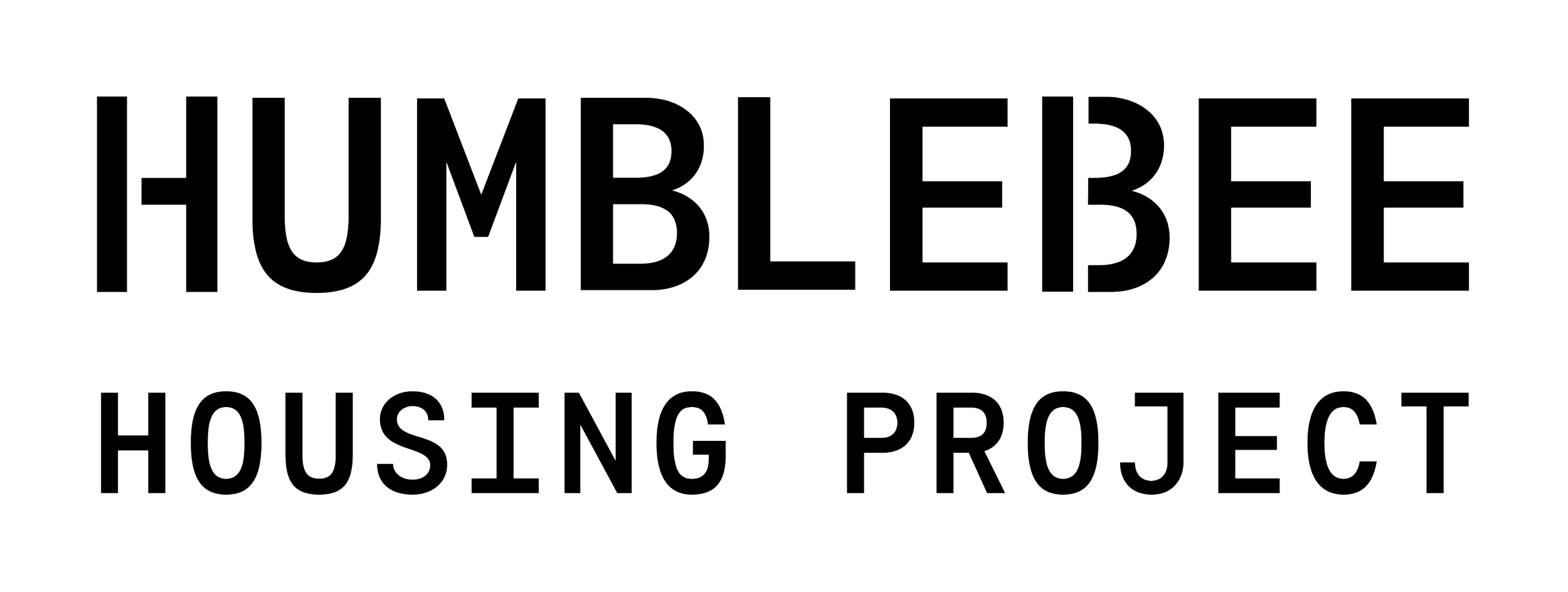What’s the Problem?
Did you know that 75 % of commercially grown crops benefit greatly from insect pollination? The bees are struggling but, compared to the domesticated honeybees, the real short end of the stick falls to the wild bees whose natural habitats have been disappearing at a rate that has left one-third of the 225 species living in Finland classified as endangered.
Declining numbers of wild pollinators negatively impacts food crop yields, causes expensive resources to be wasted, and poses a huge risk to biodiversity. The situation is serious, and something needs to be done, but why all the fuzz about urban honeybees when the wild bees are the ones in trouble?
Why Urban Beekeeping Matters?
Bringing honeybees to the city rooftops has no direct impact on wild bees’ distress, but the indirect benefits brought by the city bees are far too great to be ignored.
Urban honeybees act as essential ambassadors to their wild cousins. Bees buzzing from office rooftops to opera backyards and communal gardens attract attention and spark necessary conversations about the vital role all bees have in our ecosystem. The core of the problem is rural, but the critical decisions to solve it are made in the cities.
Bees are helping researchers to study urban biodiversity. While flying around the parks collecting nectar for their honey, the bees also gather an incredible amount of information about the plants that grow in 2km radius from the hive. By analyzing the honey with DNA-technology, researchers get a better picture of the urban biodiversity and the results can be used for developing more sustainable cities
Rooftop beehives provide pollination services for urban agriculture. The parks, balconies, and city gardens are home to a surprising diversity of plants that need bees to produce fruit and flourish. A single urban beehive provides home for tens of thousands of honeybees that turn blossoms into cherries and keep the tomatoes growing.
Urban honey engages peoples interest into the world of bees in a uniquely captivating way. The fragrant and colourful flowers that make our cities beautiful, also produce honey with a flavour profile as unique as the urban nature surrounding it. For example, the abundant linden trees lining our parks and boulevards give a faint minty aftertaste to the urban honey.
How can you help the bees?
Planting pollinator friendly flowers
When it comes to helping the bees, all actions matter. Pollinators, including bees, need and benefit greatly from a “flower continuum” throughout the season. Offering a wide range of different types of pollen and nectar sources that bloom from early spring until late autumn assures that the bees will always have something to eat.
Leaving the grass uncut
In addition, pollinators need a nesting site in order to thrive. Spare the weeds and help the bees! By allowing your garden to have a few shades of hay, twigs, bushes, and wood all insects will have a better ground to lay their eggs. Avoiding pesticides in your garden and favoring manual ways of “fighting” weeds is key in helping pollinators thrive.
Turning off unnecessary lights
Approximately half of the insects are night active and maintaining the balance with them is important. Turn off the artificial lights and close the windows during the summertime nights to save these creatures from any additional suffering and death.
Eating more honey
By supporting your local beekeepers you will help an ethically operating company to train future beekeepers to keep up the good work. In addition, you will directly support the pollination of the local area with a domestic bee population adapted to local conditions.

